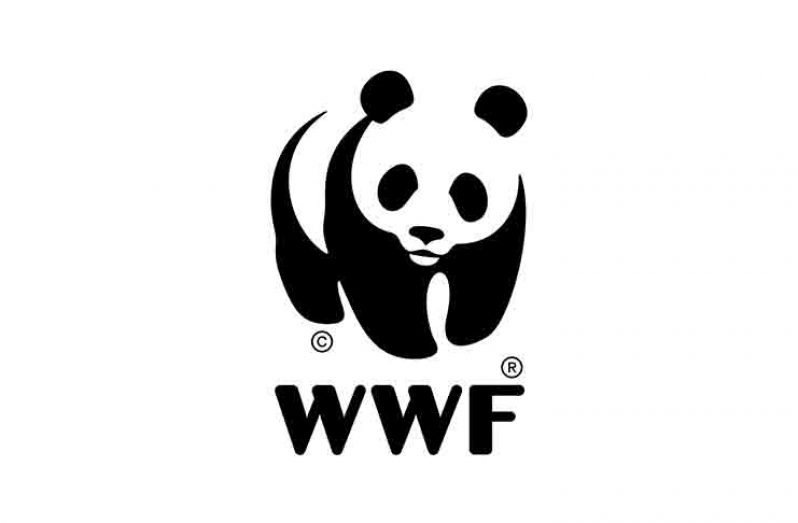by the WWF Guyana Country Office
WWF began its work in Guyana in 1977, initially supporting the monitoring and protection of nesting sea turtles such, including the green turtle, the olive ridley, the hawksbill and the leatherback. Thanks to the efforts of WWF and other national and international conservation organizations to protect theseendangered species and their critical nesting habitat, Shell Beach was established as a protected area by the Government of Guyana in 2011.Protected areas are critically important for conserving our unique national assets for future generations and we salute President Granger’s commitment to add 2 million hectares to Guyana’s protected areas network. Protected areas make an important economic contribution as the foundation of our developing nature-based tourism industry. Kaieteur National Park had over 6,000 tourist visits this year and generated over US$1 million in economic activity. California’s Yosemite National Park is calculated to generate over US$400 million in annual economic activity. While our protected areas generate significant economic benefits and have enormous potential for growth, we also recognize that Guyana needs a broad-based green development strategy.
With the world’s second lowest population density and second highest percentage of rainforest cover, Guyana commands globally important ecosystem services – ultimately more valuable than our gold, diamonds and oil. Our vast excess of fresh water resources in a world of increasing water shortages, our forests with their enormous quantities of stored carbon, and our rich and unique biodiversity, provide a powerful opportunity for Guyana to develop sustainably.
Guyana’s forests hold among the highest carbon content of any tropical forest (up to 350 tons/hectare versus 115 tons/hectare in the Peruvian Amazon), and with nearly 18.5 million hectares of forest and relatively small population, Guyana possesses the second highest level of forest carbon per person (6,700 tons/capita) of any country on Earth. The international community increasingly recognizes the value of maintaining forests in the effort to combat climate change, including incentives for Reducing Emissions from Deforestation and Degradation (REDD+).
Only 20 years ago, the value of Guyana’s 6.6 billion tons of stored carbon was unrecognized. Today, our forest carbon can provide Guyana a strategic advantage in our quest for sustainable development. Our analysis suggests that we’re reached the tipping point in Guyana where REDD+ has the potential to compete with timber harvesting and provide more benefits for conserving standing forests than could be gained by exploiting them. The challenge is to ensure the economic benefits of REDD+ are used to create new job opportunities.
As the first country to sign and implement a national scale payment for performance REDD+ scheme, Guyana is universally recognized as a REDD+ pioneer. The Guyana Norway Agreement provided for payments up to US $45,000,000 annually for maintaining Guyana’s historically low deforestation levels WWF believes that there is a unique opportunity to leverage REDD+ (and a new Guyana Norway Agreement), as a cornerstone of Guyana’s Green Development Strategy (including the careful development of our offshore oil reserves), and a focus on nature-based tourism as the pillars of Guyana’s sustainable development. This would provide the opportunity to rebrand Guyana’s international image as innovator of sustainable economic development based on preserving forests and biodiversity and benefiting from their conservation rather than their consumption.
With 11 staff members working in its Queenstown office and in the field, WWF Guyana hopes to continue to offer its support to facilitate Guyana’s conservation and sustainable development in the coming decades.
Follow WWF-Guianas on Facebook www.facebook.com/WWFGuianas.org



.jpg)











